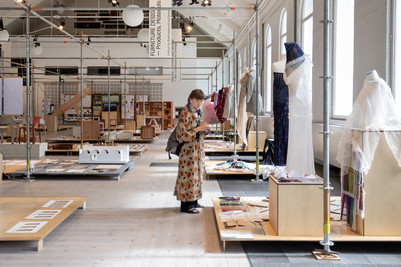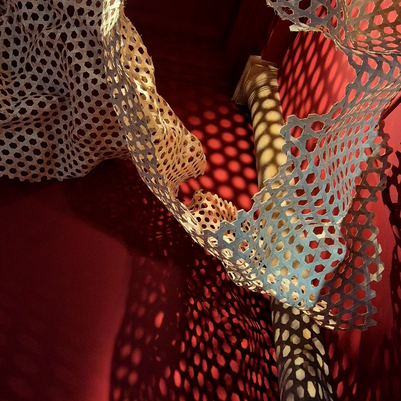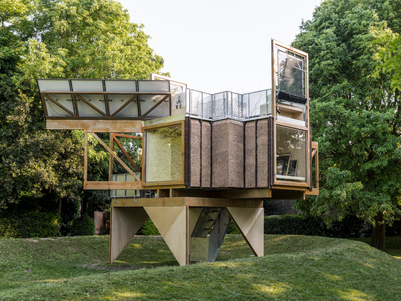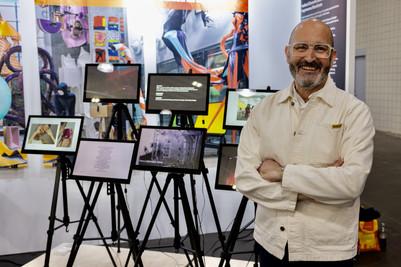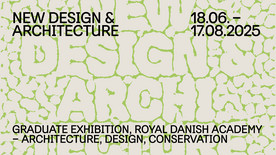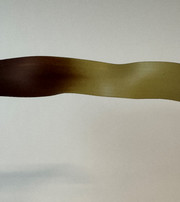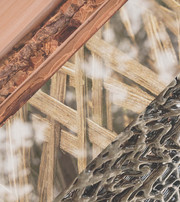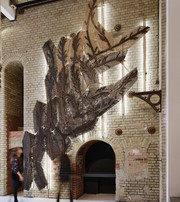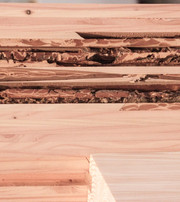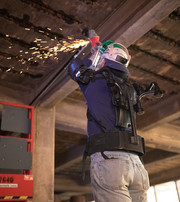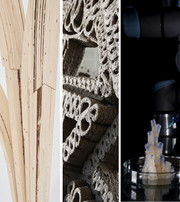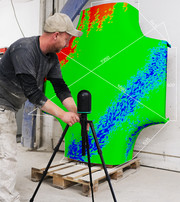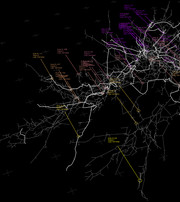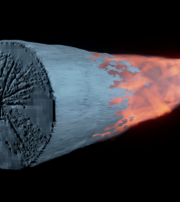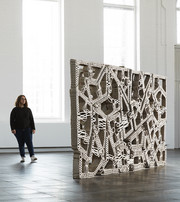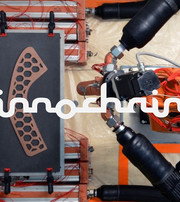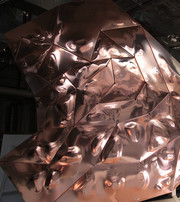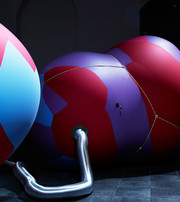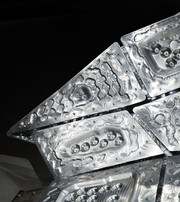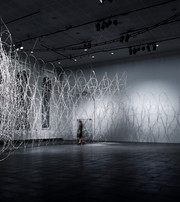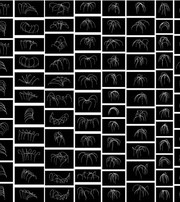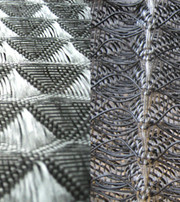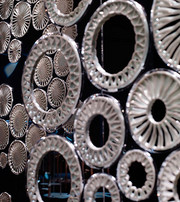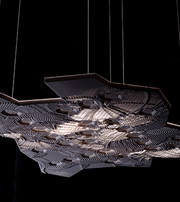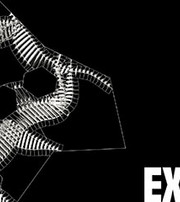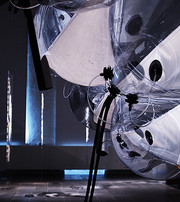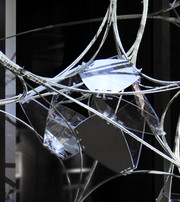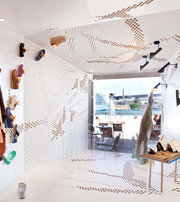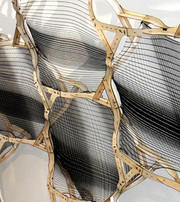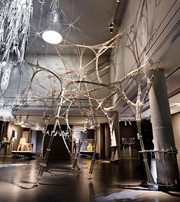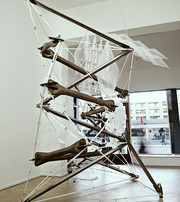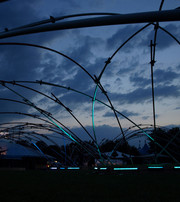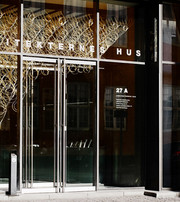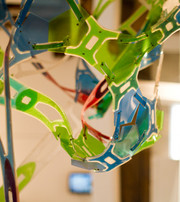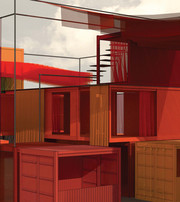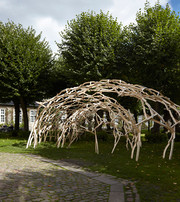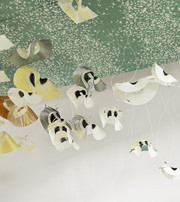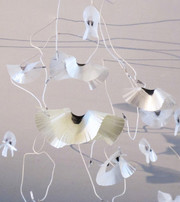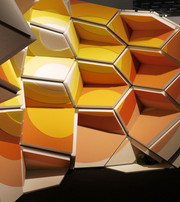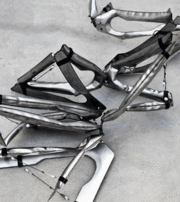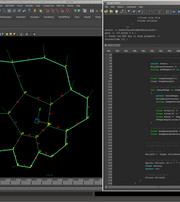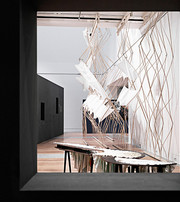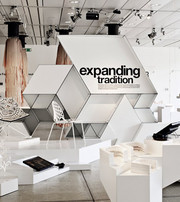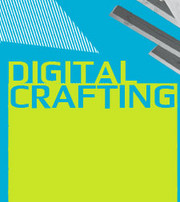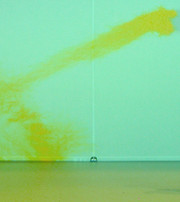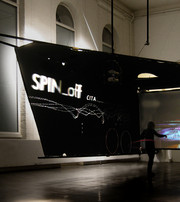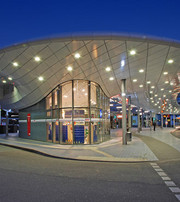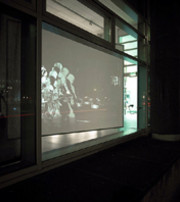

CITA Research Projects
CITA explores five research areas:
Complex Modelling
Complex Modelling
By investigating the underlying logic and computational infrastructures of advanced information modelling, Complex Modelling fundamentally asks what the future of architectural representation can look like. Highly interdisciplinary involving expertise from computer science and engineering it examines key concepts such as adaptive parametrisation, open topologies, machine learning. Complex Modelling is a key resource informing many parallel research efforts in CITA. A central current project is the Sapere Aude research project also named Complex Modelling.
Digital Formations
Digital Formations
Investigates the consequences of digital fabrication on the design of new structural and material systems. Digital Formations links advanced modelling to fabrication. By understanding the relationship between representation and fabrication as a fundamental architectural enquiry, Digital Formations asks how new programmable design and advanced robotic manufacturing will radically change architectural design. Digital Formations includes key collaborations with industry partners from architectural design practice and fabrication industries.
Behaving Architecture
Behaving Architecture
Examines the design of programmable structures that respond to their environment. In the last decade the fabric of architecture has been radically expanded through the integration of sensing and actuation enabling the design of responsive behaviours. The field of Behaving Architectures includes collaborations with a variety of fields including robotic, interaction design and mechanical engineering.
Biogenic Design
Biogenic Design
This focus area explores how architecture engages with renewable resources and circular design principles, placing ecological belonging at the centre of design thinking. Biogenic materials, characterised by their regenerative capacities and inherent temporality, challenge conventional architectural approaches based on permanence and stability. Through research projects including the Eco-Metabolistic Architecture ERC project, the RAW EIC project, and the DFF Global Innovation Network Blue Biomass, we examine how architecture can be reimagined as a mediator of material flows, responsive to the changing conditions and lifespans of its constituent materials. The research develops new methodologies for understanding and monitoring material lifespan, integrating these insights into design, fabrication, and maintenance strategies. In doing so, we advance architectural practices that align with cascading cycles of use, repair, and reuse, embedding architecture within broader ecological systems and supporting the dynamic renewal of material resources.
Interface Ecologies
Interface Ecologies
Explores the design hybrid spaces that join digital and physical dimensions focusing on interface design, dynamic interactive environments and intelligent programming paradigms.




